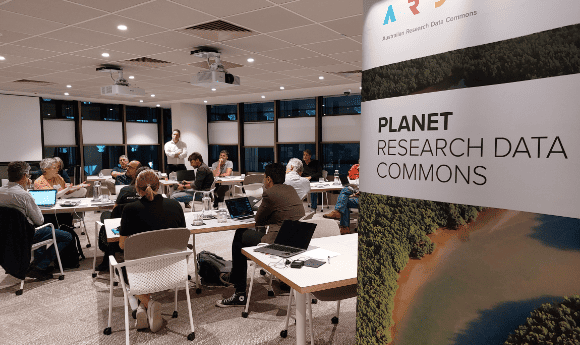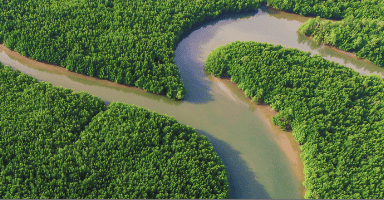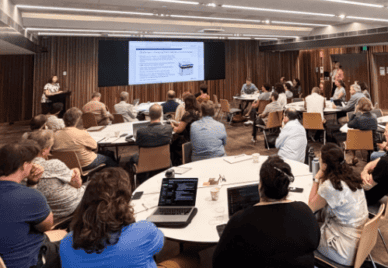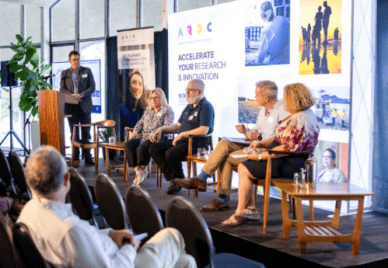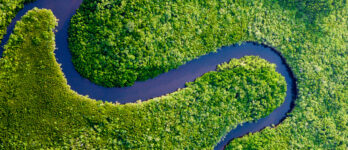
In mid-August 2023, 27 ecological modelling experts gathered in Brisbane on Turrbal and Yuggera Country to discuss the digital research infrastructure needed to support researchers developing and using ecological and biodiversity models.
The workshop is part of a series of consultations underway for the ARDC’s Planet Research Data Commons (Planet RDC), which is developing national-scale data infrastructure for earth and environmental research and decision-making.
The workshop participants represented a wide range of organisations, bringing their insights on the needs of terrestrial biodiversity and ecological modelling across academia, government, nonprofits and national infrastructure facilities. The participants came from:
- Government departments: Australian Government Department of Climate Change, Energy, the Environment and Water (DCCEEW), NSW Department of Planning and the Environment, Queensland Department of Environment and Science
- Universities and government research agencies: CSIRO, Griffith University, Macquarie University, University of Melbourne, University of Queensland
- Non-profits: The Nature Conservancy
- Research infrastructure: NCRIS facilities and related infrastructures.
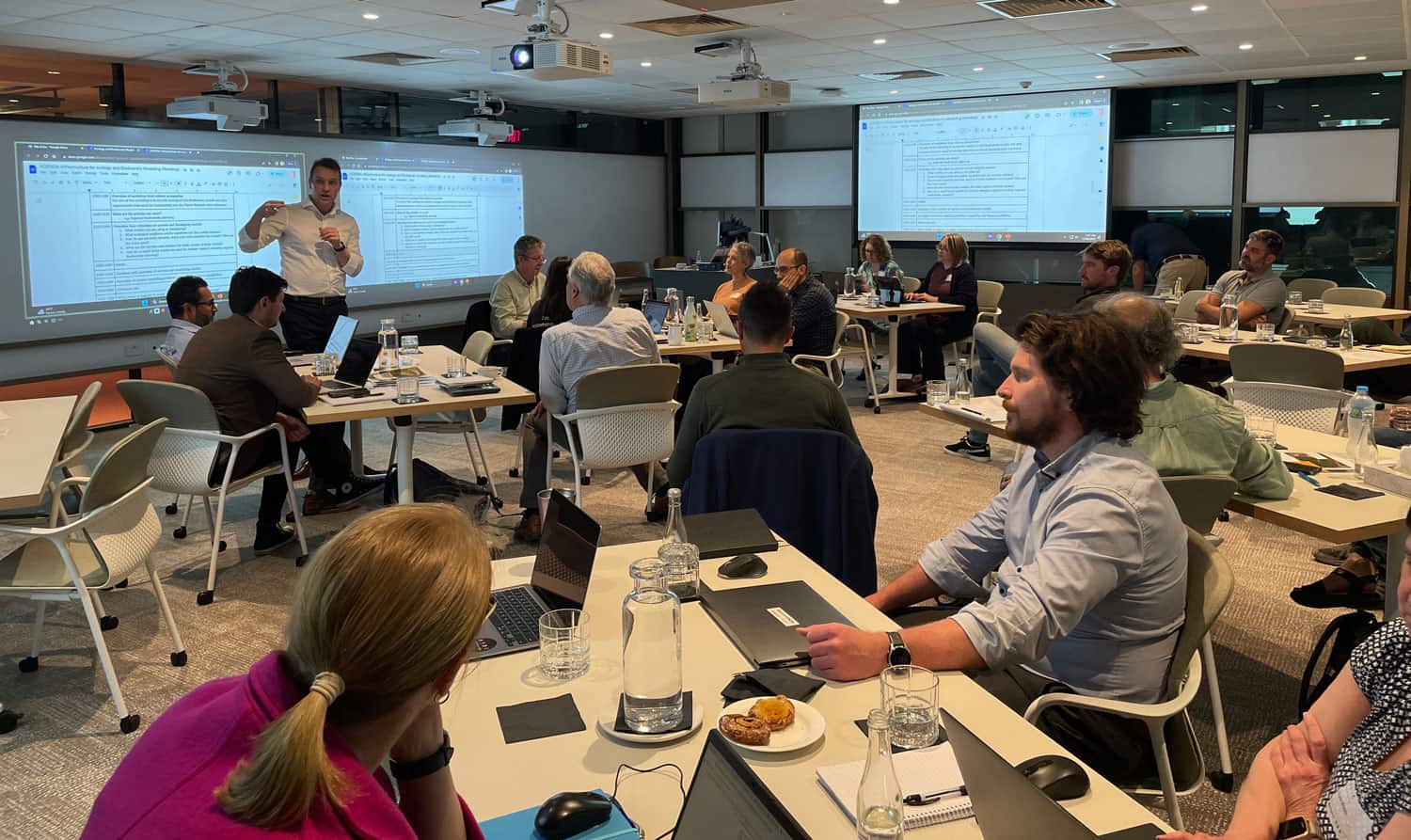
Hamish Holewa, Director of ARDC’s Planet RDC, said, “We are fortunate in Australia to have world-renowned experts in ecological modelling and analytics conducting research that protects and enhances Australia’s unique environment. As part of our consultation process for the Planet RDC, we were honoured to have the opportunity to gather research community leaders together at our workshop.
“The discussion led to a joint understanding of the needs of the research community for enduring infrastructure that provides analytic and decision support tools, models and platforms. These underpinning tools will help research, government and industry address the significant challenges facing Australia’s environment.
“I thank all the participants for their considerable contributions, and look forward to continuing to engage with the ecological modelling community in Australia.”
The workshop participants:
- Contributed to the development of Planet Research Data Commons’s understanding of modelling, analytics and decision support infrastructure of the ecological research and practice community
- Provided guidance on the digital infrastructure required to support collaborative, networked modelling
- Identified trusted ecological models of national priority and associated input data that could be supported and made available to a broader community of users
- Identified the types of infrastructure that are most useful for those users who want to collaboratively develop, test and generate trusted models, given the different levels of data science skills of the modelling and user communities.
To set the scene at the workshop, Professor Brendan Mackey, Director of the Griffith Climate Action Beacon, Griffith University, shared how research is changing with the rise of new tools, big data and machine learning.
Dr Elisa Bayraktarov, Program Manager of EcoCommons, gave an overview of the ecological modelling platforms currently available for researchers in Australia. The openly available platforms include EcoCommons, BioSecurity Commons (both supported by the ARDC) and the Threatened Species Index (supported by TERN). Commercial providers offering tools for ecological modelling and analysis include Microsoft Planetary Computer, Google Earth Engine and Earth on AWS, which offer access to data catalogues, geospatial data, APIs and analytics via a mixture of free and paid access.
Mr Holewa said, “The participants were thrilled to have the opportunity to be in the same room to discuss the core needs of the ecological research and decision-making community in terms of research infrastructure.
“Common themes and use cases were articulated, including the need to further understand environmental trends and cumulative impact over a region. Infrastructure needed to support this included modelling catalogues, development of standardised methods and metadata to understand quality, and linking of models and their outputs, storage for model outputs and development of foundational species distribution modelling datasets. There was a strong desire by all participants to provide programs that brought people together to focus on analytical challenge areas and aid in research to government translation.”
Next steps
Updated 13 October 2023: Read the report on the Planet RDC workshop on ecological and biodiversity.
Read about our Planet RDC program, Modelling, Analytics and Decision Support Infrastructure (MADSI).
The Planet RDC will continue consultation with the research community on their infrastructure needs for ecological and biodiversity modelling.
Stay in touch with the Planet Research Data Commons by registering your interest, or if you’d like to reach out about our consultations, please contact us.
The ARDC is funded through the National Collaborative Research Infrastructure Strategy (NCRIS) to support national digital research infrastructure for Australian researchers.
Here are some photos from the workshop.
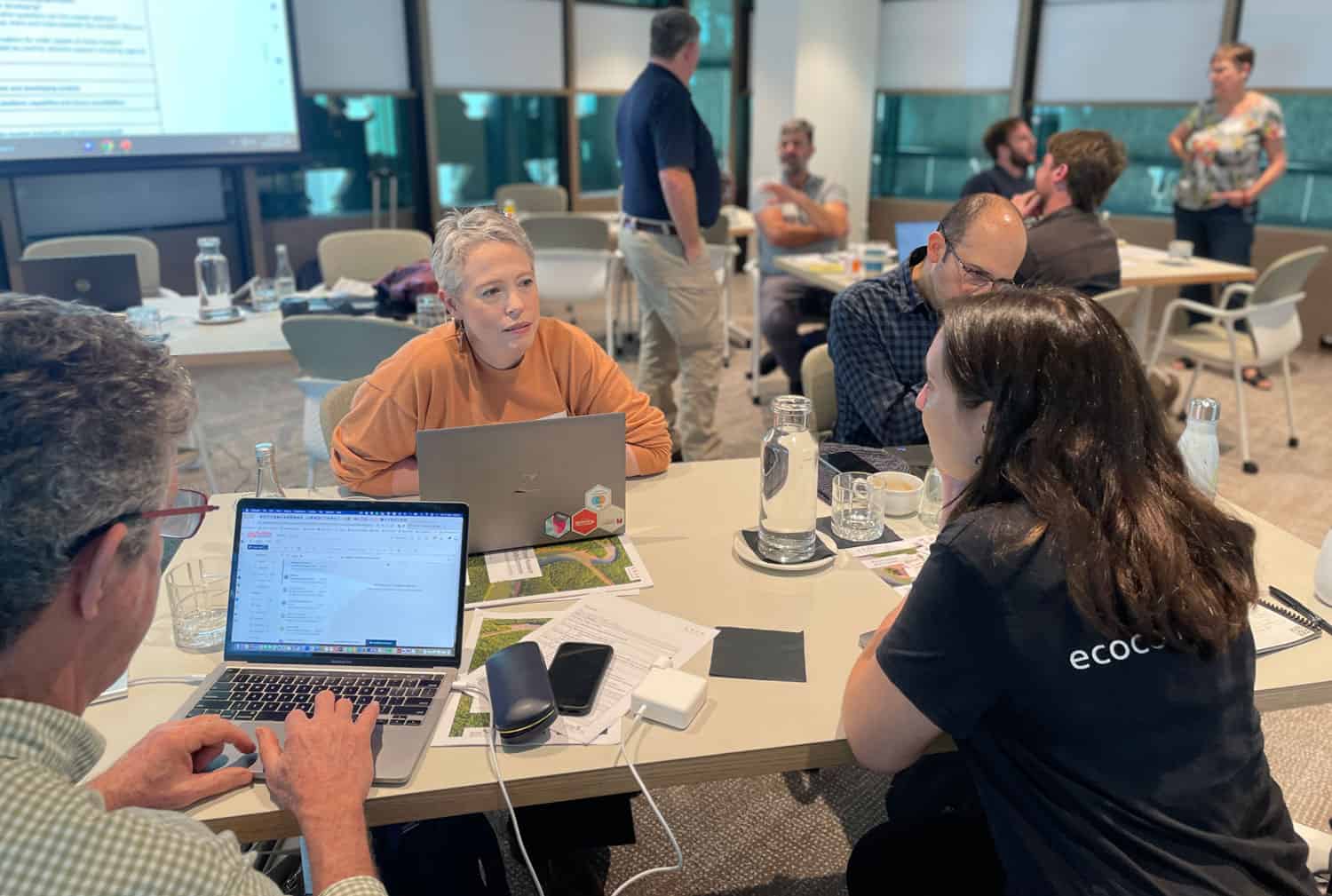
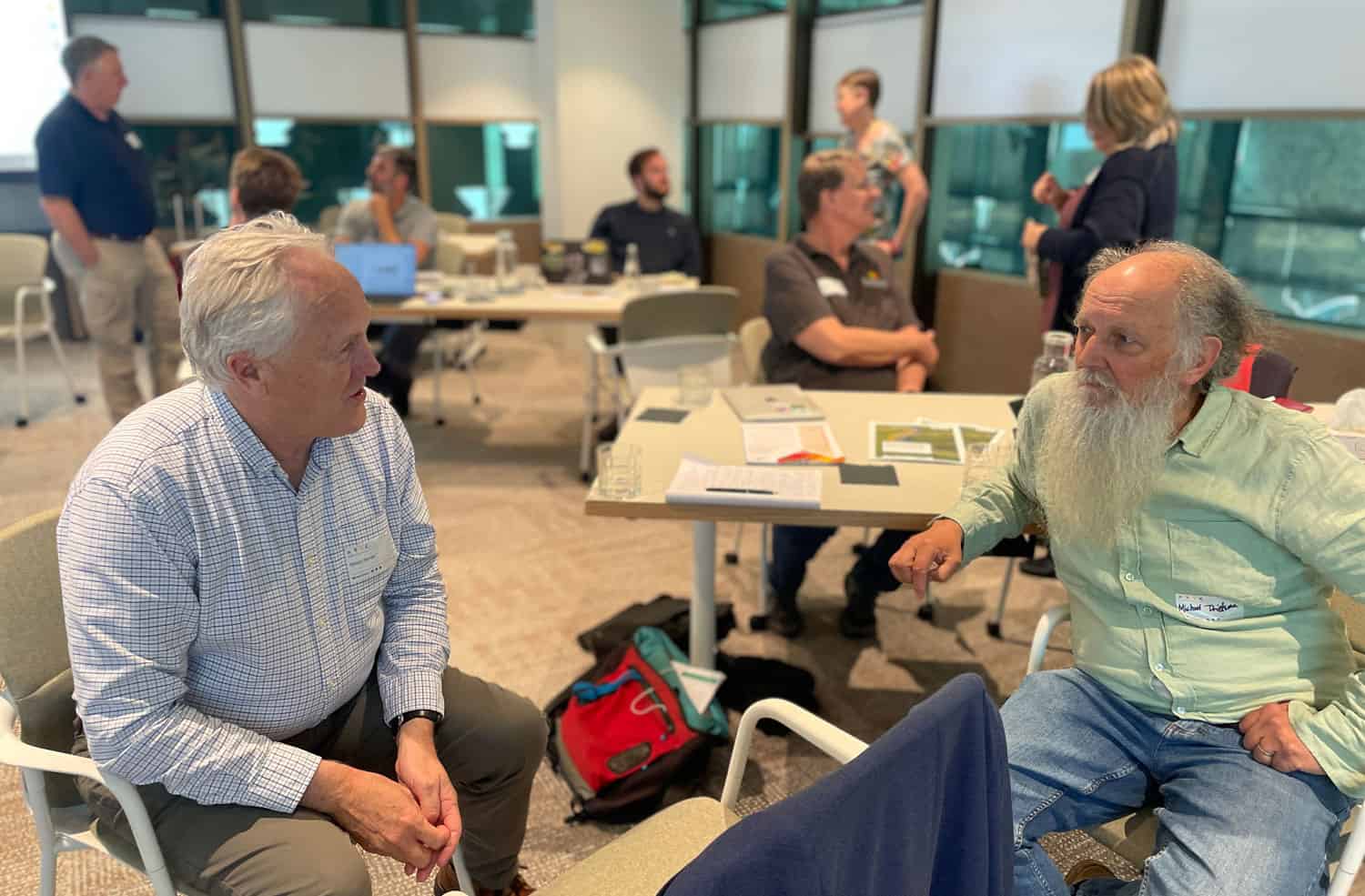
Author
Reviewed by
Categories
Research Topic
Related Program
Related News & Events
Related Case Studies


